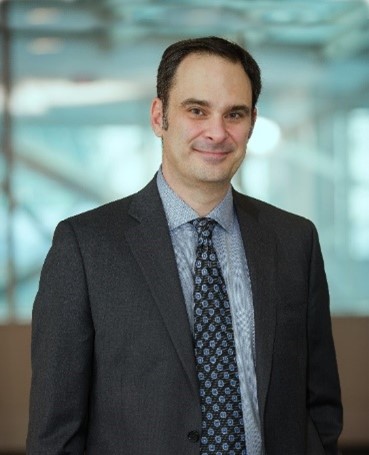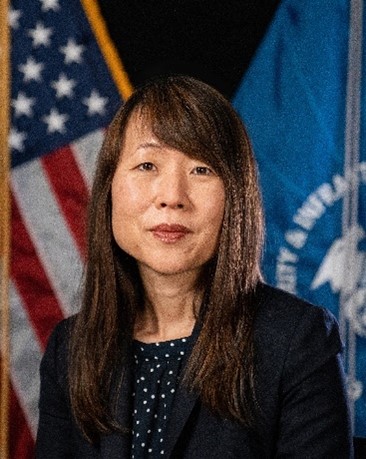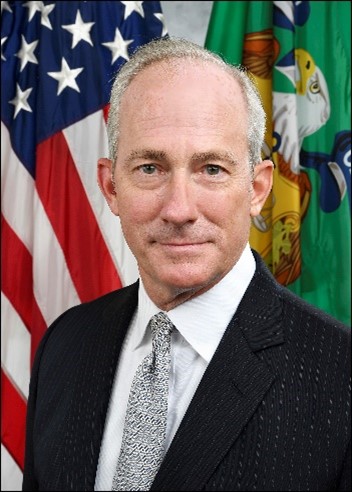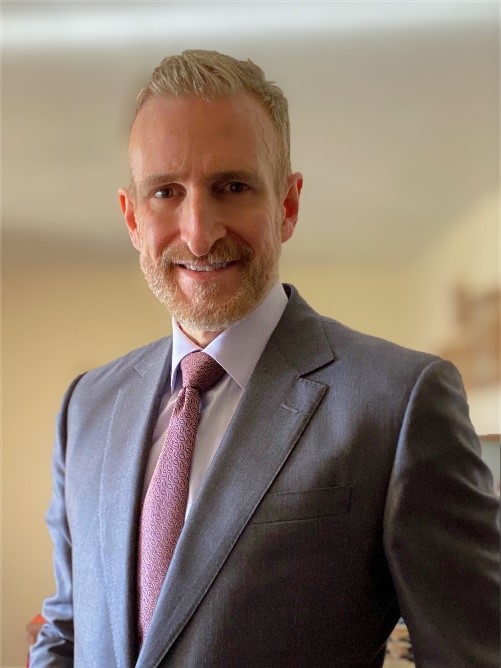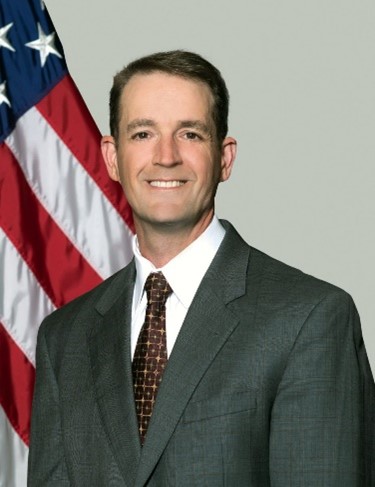Panel 5: Multi-Domain, Integrated Influence
9 February
Military operations and coercive power are two sources of power of a broader set: the means to influence the operational environment in ways that will be advantageous to US and partner security objectives in the future. Thinking “integrated influence” rather than “integrated deterrence” opens the doors of artificial institutional silos that too often limit development of comprehensive campaigns to defend US security along with other national interests. It facilitates true integration of US capabilities across DIME-FIL+allies. This panel explores some of the multiple non-military sources of influence that arguably, are more appropriate for building the durable, trust-based relationships that shape the operational environment. We consider five key parts—military, technology, information, financial, and diplomatic—to ask how the United States can forge more coherent, integrated strategy and tactics. That is, for the character of our new era, to create more integrated power.
Dr. Michael Mazarr (Moderator)
Michael Mazarr is a Senior Political Scientist at the RAND Corporation. Prior to coming to RAND, he was Professor of National Security Strategy and Associate Dean at the US National War College in Washington, D.C. He has served as special assistant to the Chairman of the Joint Chiefs of Staff, president and CEO of the Henry L. Stimson Center, senior vice president for strategic planning at the Electronic Industries Alliance, legislative assistant in the US House of Representatives, and senior fellow and editor of The Washington Quarterly at the Center for Strategic and International Studies. He served as an intelligence specialist and officer in the US Naval Reserve and holds AB and MA degrees from Georgetown University and a Ph.D. from the University of Maryland School of Public Affairs.
Valerie M. Cofield
Valerie M. Cofield serves as the Chief Strategy Officer of the Cybersecurity and Infrastructure Security Agency (CISA).
Ms. Cofield serves as the principal policy and strategic adviser to CISA leadership and senior management, integrating strategy across all the organization’s mission areas and ensuring policy, strategy, and operational consistency throughout the agency. Prior to CISA, Ms. Cofield served at the Federal Bureau of Investigation (FBI) for 22 years in a variety of roles. She was a Deputy Assistant Director (DAD) for the Cyber Capabilities Branch within the FBI’s Cyber Division where she led coordination and deployment of the division’s technical tools and capabilities, and oversaw cyber-related training, recruiting, hiring, and budgeting for the division. She also served in a senior executive role as chief of staff of the Science and Technology Branch and as a DAD of the Digital Transformation Office (DTO), where she engaged with interagency partners and other key stakeholders on policy issues related to current and emerging technologies and their impact on law enforcement.
In 2019, Ms. Cofield was selected as the FBI’s senior detail to the Cyberspace Solarium Commission. This Congressional Commission was authorized through the FY2019 National Defense Authorization Act (NDAA). Its mission was to develop a national strategy for preventing cyberattacks of significant consequences. While on the Commission, Ms. Cofield was a Senior Director and Task Force Lead. The Commission completed its report in March of 2020 with over 75 recommendations, 25 of which were included in the FY21 NDAA and enacted into law. Ms. Cofield holds a bachelor’s degree in Economics with a minor in Accounting from UCLA.
Gregory T. Gatjanis
A senior executive in the US government, Greg Gatjanis has served more than 30 years in the national and international security communities. He has held senior management and leadership positions with the US Departments of the Treasury and Justice and the White House. He possesses expertise in financial sanctions as a national security tool, threat finance, transnational crime and drug trafficking, and national security policy and strategy.
Since 2013, Greg has served in the Department of the Treasury’s Office of Foreign Assets Control as the Associate Director for Global Targeting where he oversees the sanctions targeting and financial investigations for more than 40 sanctions programs. These programs include Russia, Iran, North Korea, cyber threats, weapons of mass destruction, terrorism, human rights and corruption, transnational crime, and drug trafficking, among others. From 2006 to 2013, Greg served on the White House National Security Council (NSC) staff under Presidents Bush and Obama. Assigned to the NSC Counterterrorism Directorate, he coordinated White House policy and strategy on global narcotics, threat finance and sanctions, terrorism, and he was an architect of President Obama’s 2011 Strategy to Combat Transnational Organized Crime. Greg also served with the US Drug Enforcement Administration, focusing on the national security dimensions of the global drug trade. He lives in Alexandria, Virginia with his wife and their two sons.
Paul Fritch
Paul Fritch is a Senior Advisor in the Department of State’s Bureau of Political Military Affairs, where he heads the Bureau’s Defense Sector Plans Team. Paul is a career Foreign Service Officer, who has served domestically in the bureaus of European and Eurasian Affairs (EUR) and Economic and Business Affairs (EB), and overseas in Mumbai, Bonn, Moscow, Brussels, and Vienna. He holds degrees from Georgetown University’s Edmund A. Walsh School of Foreign Service and the Eisenhower School of National Security and Resources Strategy at the National Defense University. In the Service since 1991, Paul participated in negotiations over arms control and confidence-building measures following the civil war in the former Yugoslavia, and played a key role in the post-Cold War adaptation of the Treaty on Conventional Armed Forces in Europe. He has held senior executive positions on the international secretariats of NATO, where he led the office responsible for relations with Russia and Ukraine, and the OSCE, where he served as Director of the Office of the Secretary General. He also chaired a multinational working group, on behalf of the International Atomic Energy Agency (IAEA), to address legacy uranium sites in Central Asia and Ukraine, and has published several articles on Western-Russian relations. Paul speaks German, Russian, French, Italian, Dutch, and Spanish, and was recognized as the Department of State’s Linguist of the Year in 2006. He has received four Superior Honor Awards from the Department of State, and for his role in organizing the 2010 OSCE Astana Summit, was awarded a Presidential Medal from the Republic of Kazakhstan.
Kevin Kurland
Mr. Kurland is responsible for implementing BIS’s export enforcement program, overseeing a dedicated team of analysts and Special Agents that enforce BIS’s export control and antiboycott missions. BIS Special Agents are located in 30 domestic locations and seven embassies/consulates around the globe.
Mr. Kurland previously served as BIS’s Deputy Chief of Staff-Policy for the Under Secretary for Industry and Security from 2019-2021, Director of the Office of Enforcement Analysis from 2011-2021, and member of the White House Task Force on Export Control Reform from 2009-2017. Mr. Kurland also previously served BIS as Acting Chief of Staff for Export Administration from 2009-2011, Director of the Office of Technology Evaluation from 2006-2011, and Director of the Treaty Compliance Division from 2002-2006. Prior to joining BIS in 1997, he worked as an international trade analyst at Graham & James, LLC.
Mr. Kurland holds an M.A. in Comparative Regional Studies Europe from The American University and a B.A. in International Relations from Syracuse University. In December 2021, Mr. Kurland was awarded the Presidential Rank Meritorious Executive Award.
Kate Neeper
Kate Neeper is the U.S. Agency for Global Media’s Director of Strategy and Performance Assessment. She leads strategic planning, program review, and performance measurement for USAGM and its grantee community. Kate joined USAGM as a Presidential Management Fellow in 2008. She has a BA in International Relations and Spanish from the University of Southern California and an MA in International Affairs from the George Washington University.
